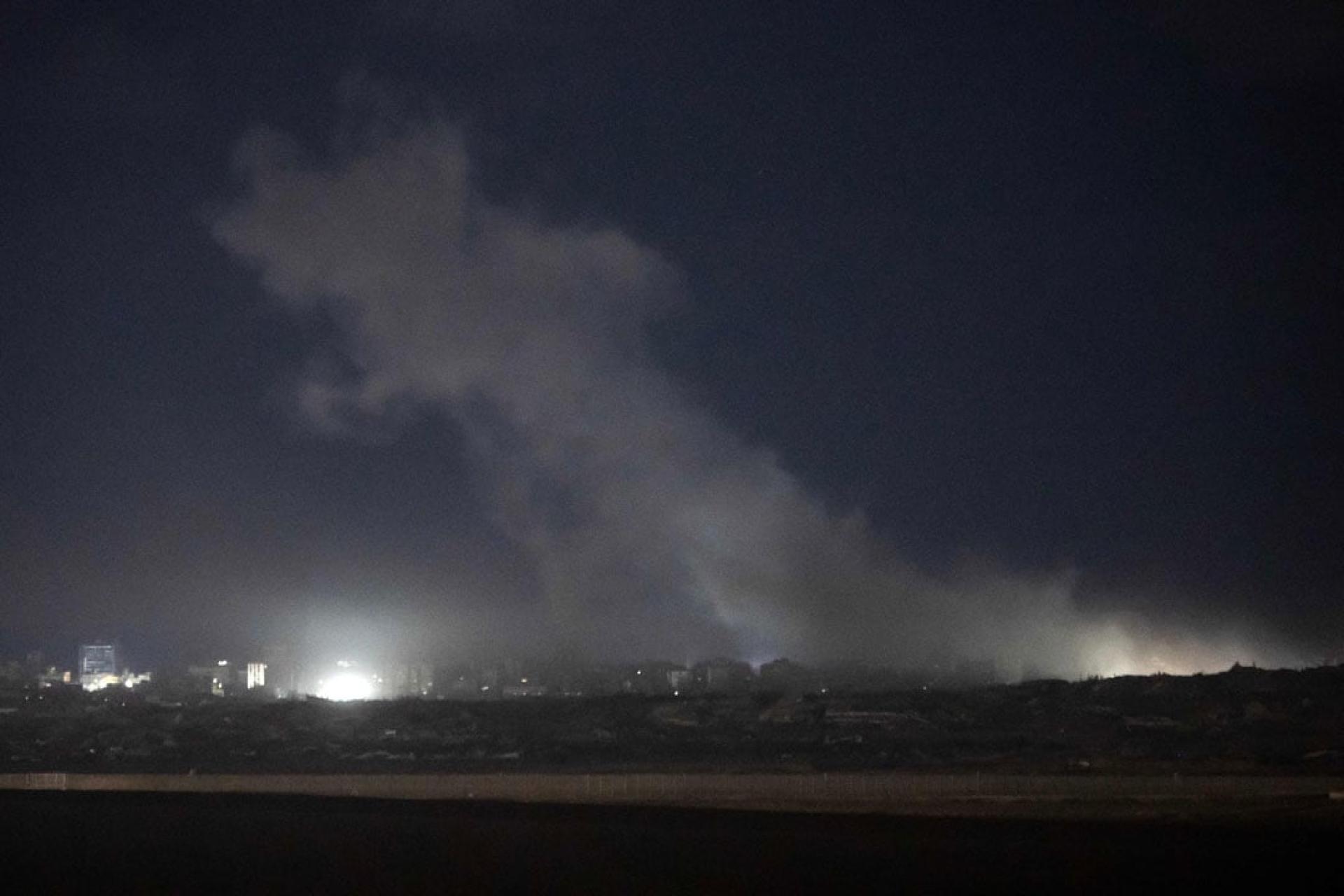On the 28th, Israeli Prime Minister Netanyahu, citing Hamas’ violation of the ceasefire agreement, ordered the military to carry out a "strong strike" on Gaza.
Regarding the so-called violations of the ceasefire agreement by Hamas, Netanyahu convened senior security officials the same day to discuss countermeasures.
The Prime Minister’s Office issued a statement that evening saying Netanyahu had ordered an immediate assault on Gaza, but the statement did not specify which actions violated the ceasefire agreement.
In addition, the Prime Minister’s Office told The Times of Israel that the Israeli side informed the US government of the airstrike decision, though it was after Netanyahu gave the order.
According to a report by the Israel Army Radio on the 28th, Hamas militants attacked Israeli forces stationed in the Rafah area of southern Gaza with anti-tank weapons and sniper rifles, after which the Israeli military responded with artillery fire.
Israeli Defense Minister Gallant stated that Hamas would pay a "heavy price" for attacking Israeli soldiers in Gaza and violating the first phase of the Gaza ceasefire agreement regarding the transfer of the remains of captured Israelis.
Airstrikes Cause at Least 30 Deaths
Meanwhile, the Gaza civil defense said Israeli military airstrikes killed at least 30 people.
Bassal, spokesperson for the Gaza civil defense, said to the media that the Israeli military bombed a three-story building in Gaza City that evening, causing two deaths and injuring four people, including a child and an infant. Rescue workers are still searching the rubble for possible victims.
Witnesses from various parts of Gaza also told the media that in addition to bombing Gaza City, the Israeli military shelled Deir al-Balah in central Gaza and Khan Younis in the south that evening, causing building damage and property loss.
On the other hand, Hamas issued a statement that night denying any involvement in the "shooting incident" in Rafah that day, and reiterated its commitment to abiding by the ceasefire agreement.
The statement said that the Israeli army's attacks on Gaza were an open violation of the ceasefire agreement and that the evening's assault was a continuation of a series of recent violations by Israel, demonstrating its intent to undermine the agreement.
After Israel announced the airstrikes, the Izz ad-Din al-Qassam Brigades, the military arm of Hamas, said that due to Israel’s violation of the ceasefire agreement, the handover of a newly discovered body of a captive Israeli would be postponed. Hamas had originally planned to transfer this body at 8 pm that evening.
In recent days, Israel and Hamas have accused each other of violating the first phase of the Gaza ceasefire agreement. Israel has consistently expressed dissatisfaction with the pace at which Hamas is transferring the remains of captives. Hamas has so far handed over 17 bodies.
Israel believes that there are still 13 more bodies of Israeli captives in Gaza.
